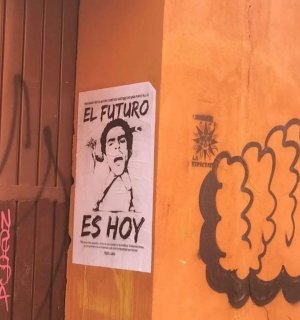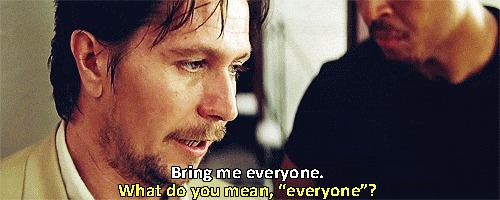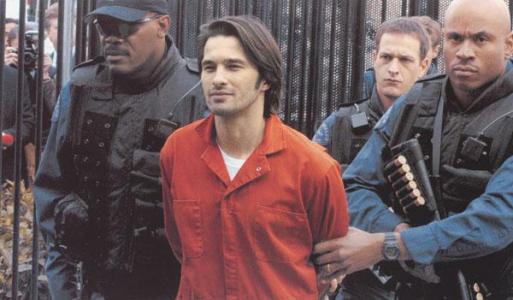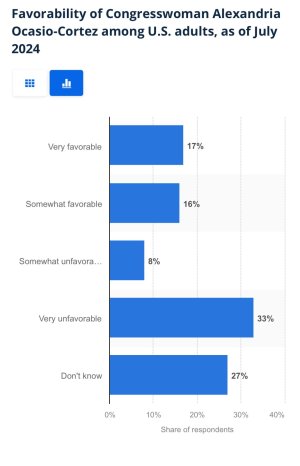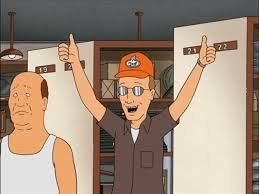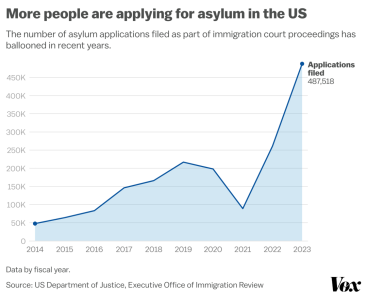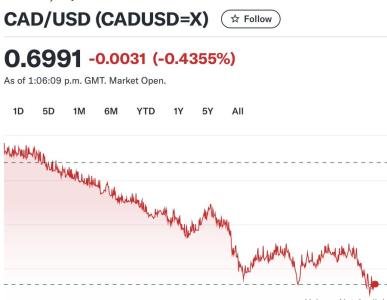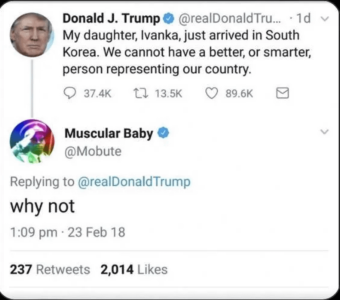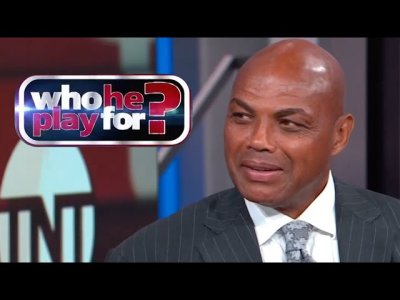False.
Predatory lending has long since been illegal and while you can cite a legal precedent, taking advantage of such a thing is NOT what is meant to happen.
Abuses of the system occur when there is not enough oversight present in the process.
To meet their anti-redlining promises, executives ditched their caution. Street-level officers soon began offering loans to people with little chance of repaying, including many of Obama’s eventual clients.
Banks were “financing people who had no jobs. … [T]he pendulum swung the other way,” Renee Brooks, an accountant and one of the three named plaintiffs, told TheDC.
“They didn’t check out certain people, and they got loans and they couldn’t afford them in the first place,” Juanita Malone, another Obama client, told TheDC. “I think that really was, to me … not professional.”
In the late 1990s “money became available to everybody … everybody and their brother-in-law,” said Freeman. “Individuals who get money easily and who don’t have a good background and or a good education would expect to suffer the consequences.”
Their judgment is shared by Mark Zandi, an Obama supporter and the chief economist at Moody’s Analytics. “Too-easy credit and millions of bad loans made during the U.S. housing crisis paved the way for the financial calamity and [the] Great Recession that followed,” he wrote in an Aug. 25 column for the Washington Post.
Bank standards fell so fast that by 2006, Citigroup and other banks were offering favorable mortgages to many legal and illegal immigrants who did not have assets or stable incomes – and with the full support of “compassionate conservative” President George W. Bush.
Another downside was that the extra money inflated house prices. Buyers used their easy mortgages to bid against each other for nice houses, and the resulting property bubble ensured that many African-Americans — and by 2007, many Hispanics in the Southwest — faced unaffordable monthly payments.
“When they made the loan, they were able to take care of it,” said Samuel Wilson, who owns a hardware store in Chicago’s Englewood district. “But work began to slow down and they weren’t able to keep up.”
Read more:
http://dailycaller.com/2012/09/03/w...-to-chicagos-african-americans/#ixzz28IBYLRdS
BUT ANYWAY BACK TO THE DEBATE
 Chris Matthews is pissed at Obama for not attacking more
Chris Matthews is pissed at Obama for not attacking more



















